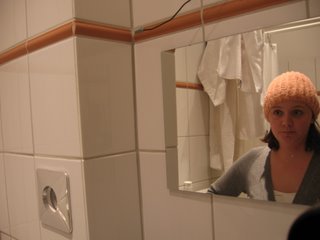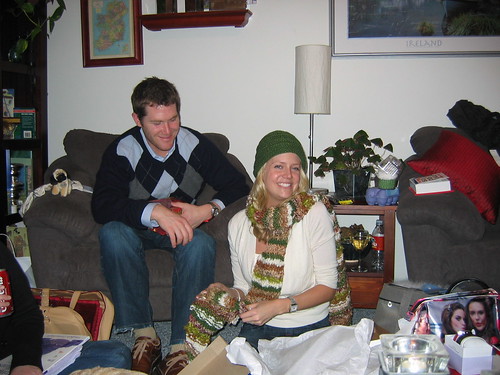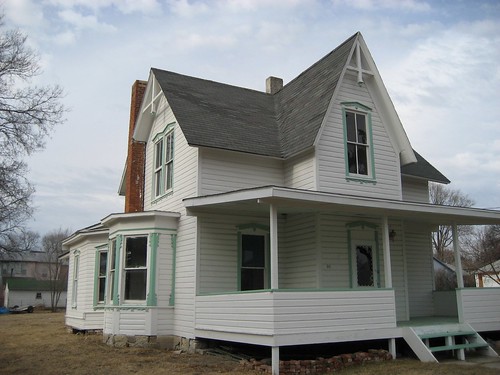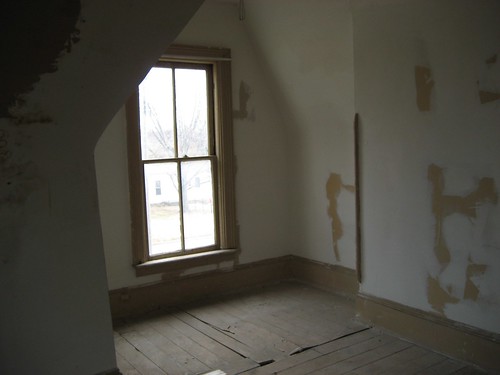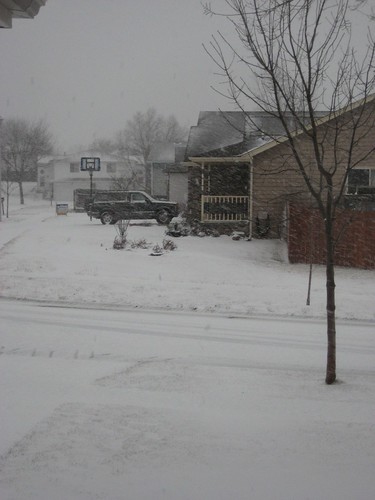Unspeak, auf Deutsch
Germany is particularly prone to the unspeak phenomena, with two shining examples being "freiwillige Auswanderung" (voluntary emigration) and "Unterschicht" (underclass). Freiwillige Auswanderung actually refers to asylum seekers who have exhausted all of their legal avenues and must leave Germany. Technically, they leave voluntarily, since they have not yet been kicked out, but in reality they are people who desperately want to stay but have no choice but to return to their [often violent and oppressive] home countries.
A political debate about "Germany's new underclass" has grown in response to a report from the Friedrich Ebert Stiftung. (More than you ever wanted to know about the topic can be found here.) Contrary to what you might expect, much of this debate has centered around the word "Unterschicht," with many politicians resisting the word and characterizing it as "stigmatizing." The result of this is that instead of talking about the increasingly large class of Germans (as much as 20% of the former East Germany, or as it is called in another example of unspeak, the "new states" (neue Bundesländer) who are either unemployed or, more likely, part of the working poor, with very limited chances for education, vocational training or any chance of climbing the socioeconomic ladder, politicians play evasive word games.
Interestingly enough, in some of those articles about Germany's new underclass, they withheld or changed the names of the families they interviewed, apparently not at the request of the families but at the request of the editorial staff. The German press does do much more to protect identities than the American press, withholding names of not only of victims but of alleged criminals, and, apparently, poor people. Talk about stigmatizing poverty.
In all fairness, I must say that, while I find the debate about whether or not Germany has an underclass to be absurd and pointless (Seriously, some politicians debate this, claiming there's no underclass, just people who don't have it as easy as you and me), rereading some of those articles from die Zeit has made me skeptical.
The one I link to above spends four of its five pages tugging on your heartstrings, trotting out example after example of Germany's new underclass, like the well-educated couple, both unemployed architects, who live in the most expensive city in the country (Munich) and can no longer afford their €1400 per month house and will now have to--sob--move somewhere with fewer green spaces.
I question how drastic this problem is when I read that one of the "low wage earners" they interview, a watchman who works at a parking garage in Berlin, actually earns monthlyly salary that is higher than mstipendum (by about €100). If a 40-year old man who works forty-two hours per week and makes €865 per month is the new face of poverty in Germany than what am I?
I suppose the difference lies in the respective prospects for future earnings. The watchman is unlikely to find a job with a higher salary, whereas at the end of the year I will return to the U.S. and continue my pursuit of higher education and advanced degrees. For all the faults of public education in the U.S., it usually allows for upward mobility through education. It may not be easy, but there are nowhere near the institutional and structural barriers there are in Germany. A twenty-three year old with a prestigious fellowship who spends about sixty hours a week either in class, preparing for class or doing research isn't to be pitied because she plans to parlay that into a very good job, and yet, sadly, the odds are against me landing a good job in my field. Only about forty-percent of PhDs in the humanities get tenure-track jobs, so are my chances for a rise in fortune really all that better than those of the Berlin watchman?
I guess it's all a matter of perspective; die Zeit sees this man as an example of working poverty with no hope, whereas I, living on the same "poverty" wages, think I have it pretty good. In fairness to die Zeit they do, in passing, cite historian Paul Nolte and his claim that Germans describe as "poverty" what is in actuality inequality or disparity.
So... what instances of unspeak have you encountered this week?
Labels: Germany


